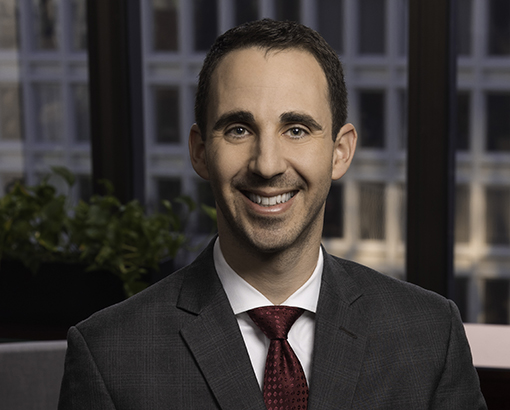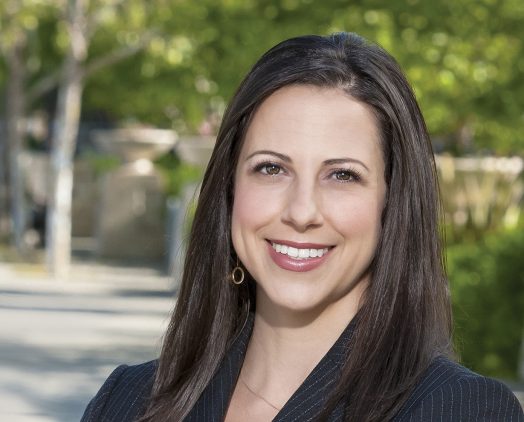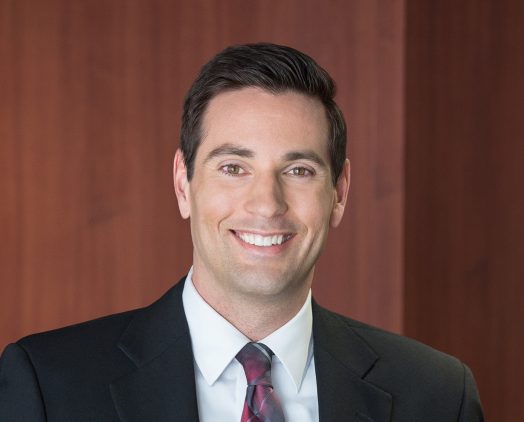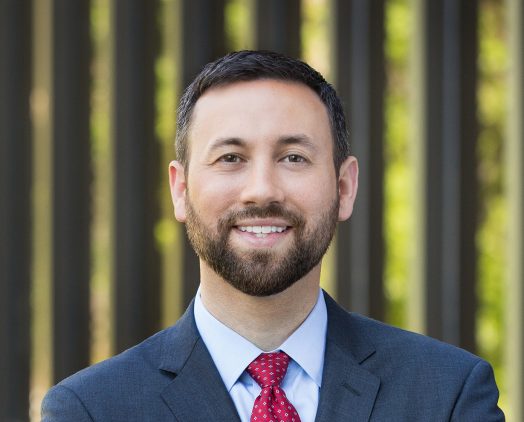
Murphy Austin represents many of California’s most recognized healthcare providers, including FQHCs and other primary care clinic providers, hospital systems, medical practices, home health agencies, clinical laboratories, DME providers, and pharmacies.
More than just health law attorneys, our Healthcare Law Practice Team provides a broad scope of services to clients in the healthcare field. This interdisciplinary approach allows us to assist client holistically, and provide cost effective services that not only accomplish tasks, but further organizational goals.
We represent healthcare providers who work in highly-regulated sectors that require laser-focused attention to compliance. From Stark, anti-kickback, HIPAA, and CMIA to the myriad other regulations and reporting requirements that apply to providers in California, we know firsthand how overwhelming it can be to stay current and compliant with the ever-changing rules governing regulated health and wellness markets. Our team provides the robust support health organizations need to make informed decisions about their business.
Our healthcare attorneys have extensive experience helping healthcare providers navigate California’s complex licensure, permitting, and enrollment processes. Our team has prepared thousands of applications for individuals and facilities like community clinics (including FQHC and 1206(h) clinics), hospitals, clinical laboratories, pharmacies, and more, which are required to not only to operate and stay in compliance with state and federal law, but also to participate in publicly funded payor programs. Our substantial experience allows us to maximize client resources and minimize interruption in services and revenue.
Our healthcare attorneys bring a specialized background to healthcare policy with years of experience drafting legislation for members of the California Legislature. Leveraging our Sacramento location and our well-established relationships with regulators allows our team to regularly participate in stakeholder meetings, advise healthcare and wellness advocates on policy proposals, and serve as subject matter experts to help bridge the gap between law, policy, and the delivery of healthcare and wellness services.
We represent providers in their contract disputes with payors. We also represent providers in Medicare and Medi-Cal audit appeals, both in administrative hearings and in civil proceedings. We also offer civil litigation services to healthcare providers that, like other businesses, sometimes become engaged in litigation involving suppliers, tenants, contractors, governmental agencies, third party payors, business associates, physicians, competitors, and other parties.
We support a wide array of organizations and providers who help individuals make informed decisions about their reproductive health. In particular, we specialize in advising providers about the Family PACT and PE4PW programs. From assisting with both state and federal advocacy efforts to helping providers navigate the complex rules that often apply to reproductive healthcare, we stand with our clients in their fight to preserve choice and access.
We represent hospitals and hospital affiliates in the development of medical office buildings, outpatient diagnostic and treatment facilities, psychiatric facilities, skilled nursing facilities, and general acute care hospitals.
Our experience includes assisting with simple developments, joint ventures, condominiums, limited partnerships, leasing, and management arrangements. We can also help navigate issues healthcare providers often face in connection with such projects, including inurement, private benefit problems, and anti-kickback and self-referral prohibitions. In addition, we have extensive experience with leasing arrangements for healthcare specific facilities.
We handle a range of tax matters encountered by healthcare providers, from planning to tax controversy engagements. Matters specific to healthcare providers include tax exempt determinations, property tax exemptions, private benefit penalties and unrelated business taxable income issues. We also regularly assist with crafting tax-efficient executive compensation arrangements that align with organizational directives.
We have a substantial labor law and employment law practice, serving many clients in the healthcare industry. Areas of practice particularly relevant to healthcare providers include union interface, OSHA matters, scope of practice, supervisory obligations, provider contracts, and disciplinary proceedings.
We have substantial experience forming and advising both for-profit and tax exempt entities, including entity-level licensing issues. We also assist with acquisitions, mergers, dissolutions, insolvency, joint ventures and succession planning, as well as contracts for supplies or third-party services.
Antitrust laws often sneak up on health care providers. Such issues can be present with respect to physician discipline, mergers, alliances, joint ventures, exclusive contracts, PPOs involving a significant segment of the prover community, or making use of certain advantages in the market. Murphy Austin attorneys are specifically experienced in the application of the antitrust laws to the healthcare industry.
Completing a construction project on time and in full compliance with the Seismic Safety Act, Life Safety Codes, Uniform Building Codes and the California Administrative Code can be a very challenging and frustrating process. For health care providers, the process can be particularly complex. We are experienced in all phases of construction law, and construction issues facing the healthcare industry. We also have experience with tax exempt bond financings for hospitals and other providers.












